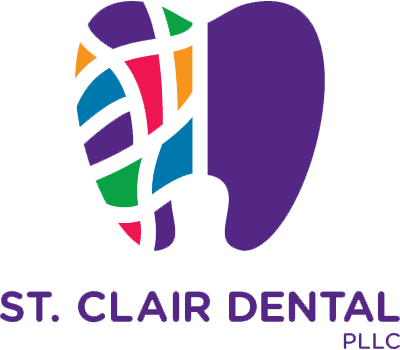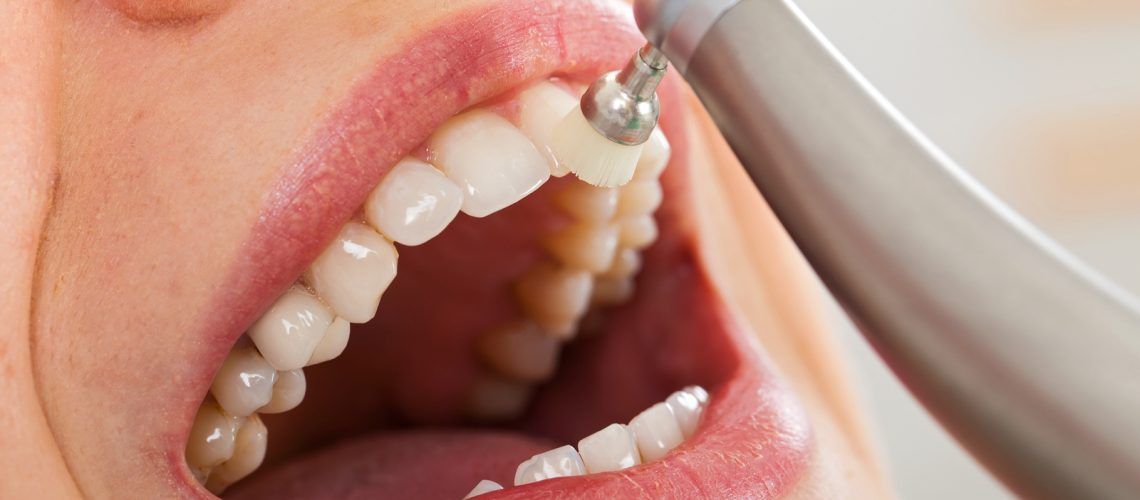For general and cosmetic dentists, complex dental restorations can be a tedious, intensive, but worthwhile process, as these treatments are vitally important for protecting your oral health from further damage and decay. When faced with multiple dental problems, complex restorations are a multi-tiered treatment mode that helps patients address all of those problems. These problems can include malocclusion, dental decay, periodontal disease, and missing teeth all within one sitting, and for dentists tackling these issues, it’s important to educate patients on their ability to provide them with the treatments they need to have a healthier, aesthetically pleasing smile.
What Can Lead To The Need For Complex Dental Restorations?
Complex restorations, as stated in the title, are complex. It involves the cooperation of dentists from multiple specialties to complete, including endodontists, cosmetic dentists, and even periodontists, to provide patients with the treatments they need. This is because patients can have dental problems that compound and build upon one another, leading to cases of severe deterioration and tooth loss that requires significant amounts of care.
However, most of the causes for needing this type of treatment tend to result from other health conditions, which can include:
- Chemical erosion: When referring to chemical erosion refers to health conditions such as eating disorders, gastrointestinal disorders, and other medical conditions that cause high amounts of acid to develop within the mouth. High acidity can lead to a faster rate of enamel breakdown, which can contribute to bacteria development along the gumline and increase the rate of tooth decay and gum disease in patients.
- Bruxism (clenching and grinding teeth): While high amounts of acids can easily contribute to tooth problems, nighttime bruxism due to poor jaw alignments can also cause the teeth to become vulnerable to chipping, cracks, and other dental problems, This exposure of the tooth roots can lead to tooth infections and pulp decay when exposed to outside bacteria, and create a self-sustaining problem if not treated.
- Smoking: Smokers tend to experience a higher rate of health problems than non-smokers, and it’s similar to their oral health. Smoking increases the risk of oral cancer among patients, contributes to enamel wear down and tooth discoloration, and can increase the risk of periodontal disease due to inflammation created from the compound nicotine.
- Poor Oral Care: Patients who have gone years without brushing or flossing their teeth will experience a higher degree of health problems than those who care for their teeth. As one of the most direct correlations, poor oral hygiene heavily contributes to the development of cavities, root canal infections, gum disease, and tooth loss as people get older.
What Complex Restorations Can Provide For You
Because of these causes, severe deterioration and the complexity of the patient’s health problems determines what treatments and outcomes they will receive. It’s in these cases that treatments such as tooth extractions, dentures, gum disease treatment, implants, and other forms of restoration are used to provide care. By combining these treatments and heavy cooperation with dentists, we can restore your mouth back to health and provide you with a new, beautiful smile.

